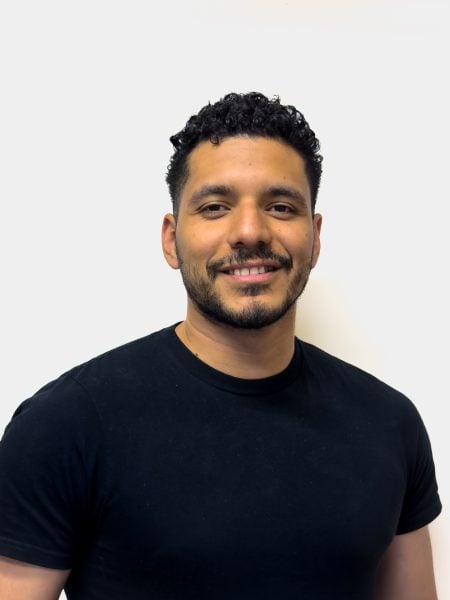
My PhD journey began at Michigan Tech in 2020, amid a global pandemic. I was not aware back then, but moving to the Keweenaw proved to be the right decision given how little it was affected by COVID and how much I like winters (now). I became a Husky during that summer, working under Dr. Rüdiger Escobar-Wolf on a project funded by the National Science Foundation (NSF) focusing on lahars: volcanic hazards threatening communities near Volcán de Fuego in Guatemala. A few months later, Dr. Greg Waite joined the project as my co-supervisor, helping broaden the scope of this study.
For my PhD, I use an interdisciplinary approach to study lahars, which are destructive flows of volcanic debris. Over the past few years, I’ve collected monitoring data across various disciplines, including geophysics and hydrology. I completed field trips to Volcán de Fuego, collaborating with experts at INSIVUMEH (the local geophysical agency) and researchers from Boise State University. Using these datasets, I am characterizing lahar events and applying machine learning methods to develop detection systems that provide automatic alerts when these flows are active. In late 2023, I secured additional funding from the National Geographic Society, complementing the NSF support, to enhance hazard mitigation tools for communities in Guatemala, with potential applications in other volcanic settings around the globe.
I am grateful to the Graduate School and the Dean’s Advisory Panel for awarding me this fellowship. This work would not have been possible without the support and expertise of my co-supervisors, Drs. Escobar-Wolf and Waite. I also extend my gratitude to Dr. Luke Bowman for his invaluable mentorship, which has been crucial to the success of graduate students in the Department of Geological and Mining Engineering and Sciences (GMES), and to the faculty and staff at GMES for their continued support.